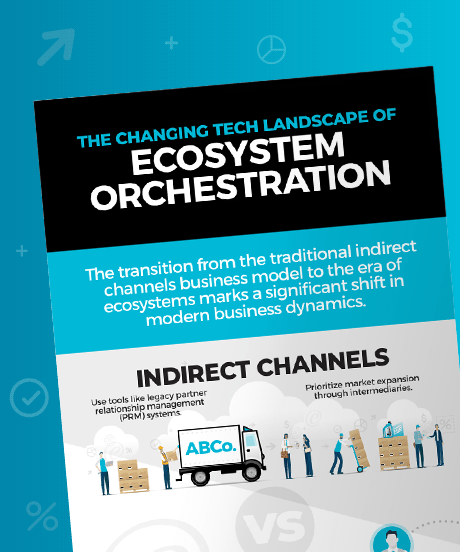A System Integrator (SI) is a service provider or organization that designs, connects, and manages complex IT systems to work as a unified whole. It ensures that hardware, software, and digital platforms from different sources function together smoothly and support business operations without disruption.
Key functions of an SI are:
- Assessing the technical needs and existing digital infrastructure of a business
- Selecting compatible tools or systems and linking them effectively
- Managing configuration, testing, and deployment to maintain stability
In practice, organizations rely on system integrators to reduce friction between tools and avoid inefficiencies that come from disconnected systems. Rather than adopting isolated solutions, businesses can use an SI to help build a cohesive digital environment tailored to their workflow and goals.
System integrators play a critical role in large-scale projects where technologies must cooperate across departments or platforms. The creation of these integrated systems helps companies optimize their operations, gain more consistent data visibility, and avoid costly delays that arise from fragmented technology.
Centralize Ecosystems to Adapt to Market Trends

Infographic
The Changing Tech Landscape of Ecosystem Orchestration
The transition from the traditional indirect channels business model to the era of ecosystems marks a significant shift in modern business dynamics.
The new world of Ecosystem Orchestration fosters innovative, seamless collaboration and flexibility.
See the contrasts of Ecosystem Orchestration with the constrictions of traditional PRM and the impact of this implementation on your business.
